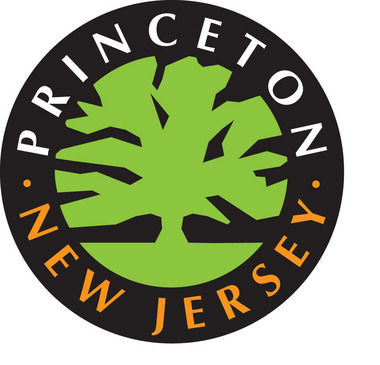By Philip Sean Curran, Staff Writer
In the race for Princeton Council, all four Democrats each have agreed to spend no more than $4,500 in a contest that is nearing its final weeks.
Incumbent Jenny Crumiller, Anne Neumann, Leticia Fraga and Tim Quinn filed with the New Jersey Election Law Enforcement Commission documents saying they would not exceed that spending threshold for the June 7 Democratic primary. They would have to file additional paperwork with the state if they spend more.
Local races in Princeton, though, tend to be low budget affairs. Candidates rely on volunteers to help with their campaigns, so there are no staffs to pay or TV advertisements to buy.
“There isn’t a lot of big money in Princeton elections. But there are expenses,” said Ms. Crumiller, who loaned her campaign $4,000, according to her latest filing with state election officials. Overall, she had $4,816 and spent $70.
With limited war chests, candidates like Mr. Quinn said he looked to spend “wisely.” Mailers, a staple of any election in which candidates seek to educate voters about themselves, are targeted for specific audiences, like Democrats with a track record of voting in primaries.
“I deliberately tried to keep expenses low and to spend the money that was donated to the campaign wisely, because I think it’s what my donors expect and reflects my overall stewardship of other people’s money,” he said Tuesday.
“I didn’t plan on a big budget election,” Ms. Fraga said.
Much is at stake next month.
In the politically deep blue town of Princeton, the Democratic primary decides who serves on council given how Democrats outnumber Republicans in registered voters. This year, no Republicans are running for council, so the two winners next month are assured of winning the two seats in November.
To reach a broader audience, candidates turned to buy advertisements in print and online media; Mr. Quinn also went the social media route by buying ad space on Facebook.
“You need to have a way for people to hear your message,” Ms. Neumann said Tuesday.
Yet candidates said it is hard for them to tell if the money they spend has any effect, given there is no polling going on to say who is up or down.
“I won’t know until after Election Day,” said Ms. Fraga, the only candidate, so far, who has put out campaign lawn signs.
Princeton has its share of well-heeled donors who open up their checkbooks to support political candidates. But money is not a predicator of success. In the 2012 race for mayor, Republican Richard Woodbridge raised little more $81,300 but lost to Democrat Liz Lempert in a landslide.
Ms. Crumiller is typically a big donor in municipal elections, but she said she is not fond of raising money for herself. That is why she is mostly self-financing her campaign.
“I don’t feel comfortable asking people for money,” she said.
“A lot of my donors are a lot like me,” Mr. Quinn said. “They have college tuitions to pay and they don’t have unlimited money, for the most part.”
For her part, Ms. Neumann did not have a fundraiser, without elaborating why.
In this contest, candidates have turned to friends and family for help. For example, Ms. Neumann’s husband, Walter, is her campaign treasurer.
Mr. Quinn, who counts on a core group of 12 volunteers, said it is critical to have as many volunteers as possible — people who have taken time out of their lives to help him get elected.
“I think it’s important to have volunteers, and as many as you can, because people have lives to lead, they have other things,” he said. “Most of my volunteers are working or have other obligations.”

